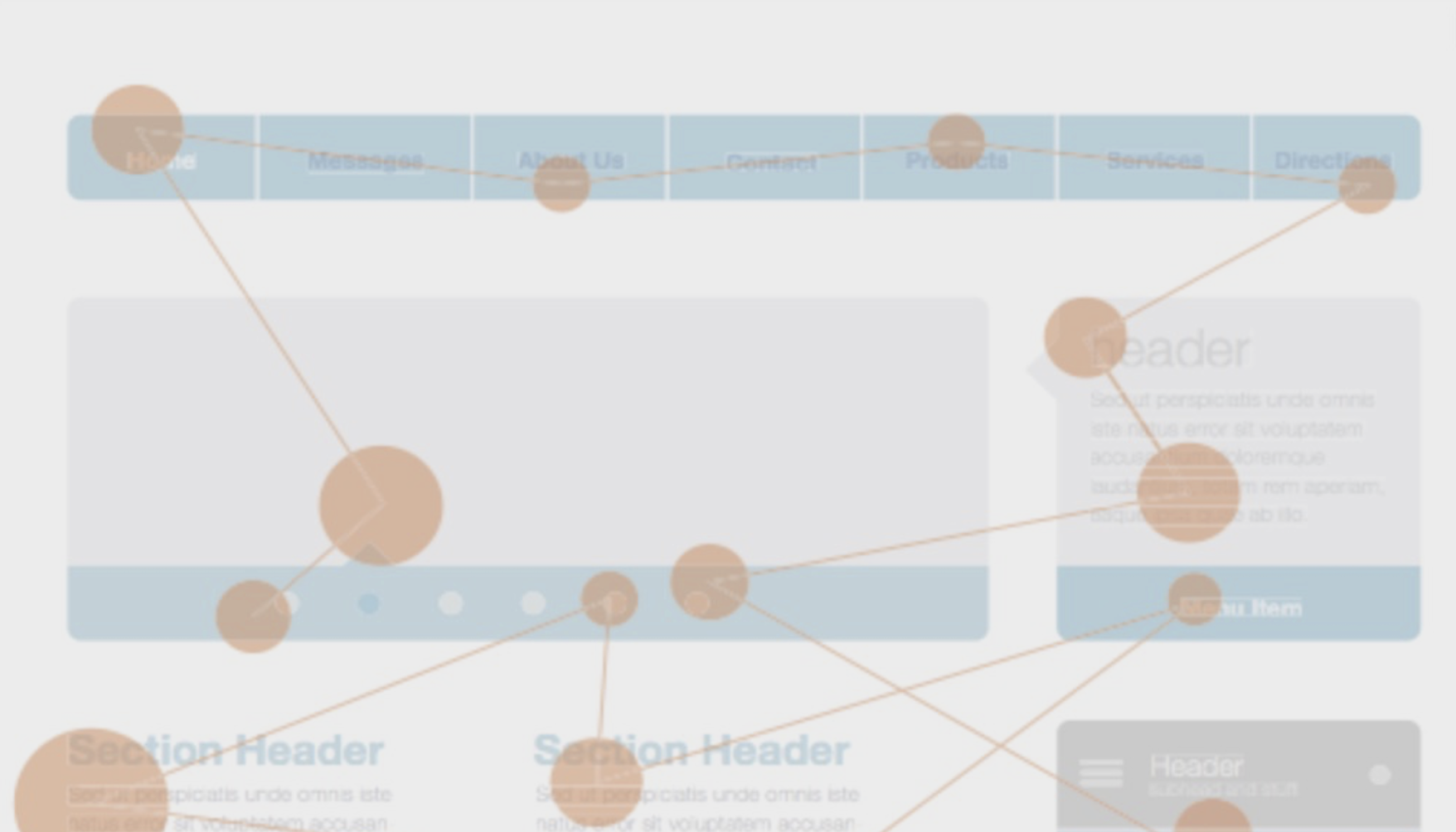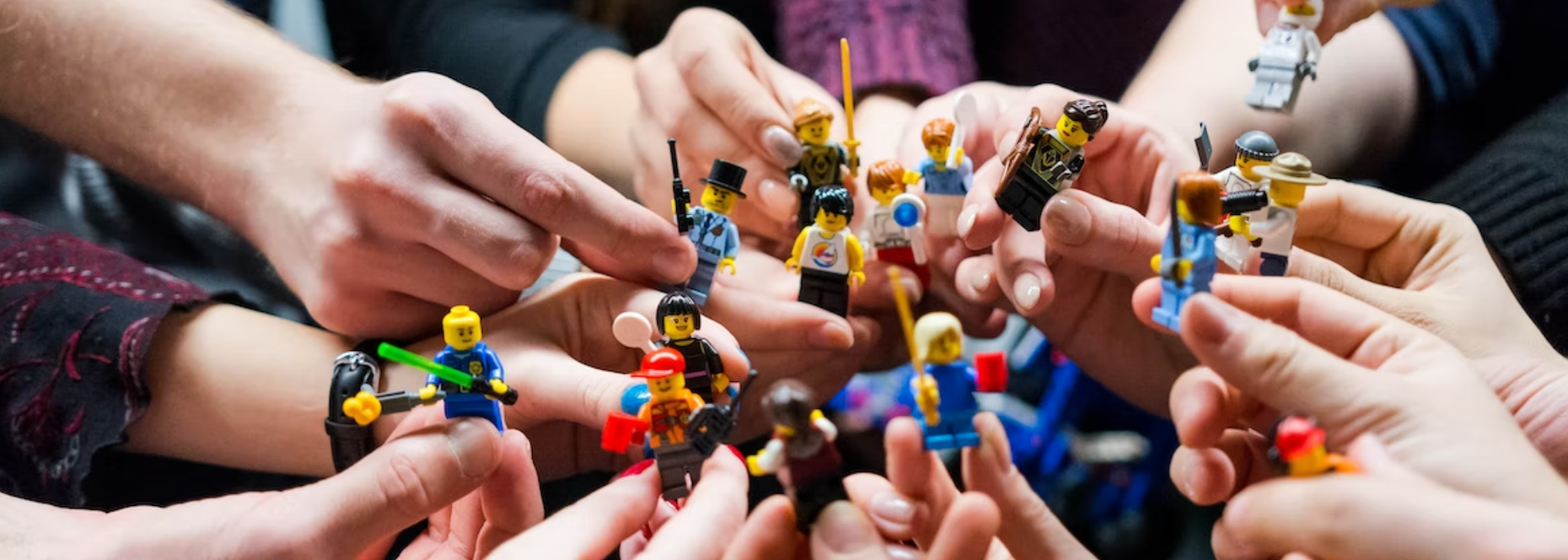Courses
You can purchase courses a la carte below, or sign up for one of our packages - the Mixed Methods Class Pack gives you 3 recorded workshop videos, aimed at moving you from being a qualitative researcher to a mixed methods researcher.
The Annual Membership gives you lifetime access to the Mixed Methods workshops, as well as all the others in the growing collection of workshops. You will also have access to (optional) weekly group coaching calls, downloadable templates and resources, and early access to short courses and special events.
Interested in live group training - in person or on the screen? Reach out for more info.
Three 2-hour workshop videos, teaching you mixed methods. This package includes workshops to move you from being a qualitative researcher to a mixed methods researcher. One time purchase. $450 value.
Annual access to our growing library of online workshops, resources, and weekly live group coaching sessions.

User Research for UX
In this 12-week asynchronous course, starting on Mar 13, you will get an introduction to the fundamentals of UX research. Class assignments offer you opportunities to define research objectives, develop a research plan, conduct contextual interviews, execute a research study, analyze results and report findings effectively. You conclude the course with a portfolio project that demonstrates your research skills, when and how to apply different research methods for products or services.

Quantitative UX Research Short Course
In this 6-week course, starting on April 24, you will learn how to create, conduct and analyze, and present your quantitative survey research. We will cover essential statistical topics and tools for analyzing quantitative research data from surveys and AB Testing. You will learn how to think critically about quantitative UX data and when it is important to collect quantitative data.

Eye Tracking and UX Research to Inform Design Workshop
In this 2-hour workshop, learn what eye tracking adds to UX research studies, above and beyond what other typical UX research methods provide. You will learn when it is and is not appropriate to use eye tracking, and typical research behaviors that may get in the way of collecting high quality eye-tracking data. Jen will share real-world examples from her research at Facebook and the US Census Bureau to show where eye tracking has been used to inform design, and she will discuss how eye tracking can uncover insights with special populations, such as older adults.

The Research Challenge: Planning UX Research
In this 3-hour workshop, you will work in small instructor-led groups to determine the best research approaches to solve real industry problems. UX Research experts will guide you through the process of choosing methods and designing studies. You will work in small groups and by yourself with the goal of getting different perspectives about UX Research. You will share your proposed projects and get feedback from peers and industry experts.

User Research for UX
In this 12-week asynchronous course, starting on Mar 13, you will get an introduction to the fundamentals of UX research. Class assignments offer you opportunities to define research objectives, develop a research plan, conduct contextual interviews, execute a research study, analyze results and report findings effectively. You conclude the course with a portfolio project that demonstrates your research skills, when and how to apply different research methods for products or services.

The Testing Parts in Isolation (TPI) Workshop: Reducing Confounds with Experimental Design
In this 2-hour workshop, learn how to use the Testing Parts in Isolation (TPI) Framework: a rigorous methodology used by teams at IDEO and Google. This framework enables us to iteratively test content in isolation, or test design in isolation, separate from each other. Using this experimental method, we can remove the confounds that exist when we test content and design together, so we can be more confident in the recommendations we make to clients and the overall experiences we deliver to users.

Survey Design Workshop
In this 2-hour workshop, you will learn principles for survey design - both question wording and design on the screen - and you will create your own survey that you can use over and over again in real-world UX research. You will learn practical methods for incorporating iterative user-centered design and testing into the survey development process.

UX Stepping Stones Workshop
In this 2-hour workshop, we will discuss different UX levels and skillsets required for each level. We will identify intermediate roles and activities that you can do to get from where you are now to where you ultimately want to be.

UX Resume Review Workshop
In this 2-hour workshop, we will work on a first-come, first-serve basis. Jen will critique resumes live in front of the group and offer tips on how to tell your story on your resume. You will learn how to present your skillset and prioritize the most important parts. So be on time, and have your resume ready! Even if we do not get to your resume, you will learn TONS from hearing how others can improve theirs.

Quantitative Analysis for UX Research Short Course
In this 5-week course, starting on May 7, you will learn how to conduct and present your quantitative research. You will be introduced to essential statistical theories and tools for analyzing quantitative research data from surveys and AB Testing. Techniques from both descriptive and inferential statistics will allow you to conduct, analyze and present your research using best practices in the field.

UX Research Methods and Deliverables Short Course
This 6-week course, starting on Apr 8, will introduce students to the basics of user experience and research. We will examine a wide range of methods and discuss how to determine when to use them and how to develop appropriate research questions. Course assignments will provide real-world experience so that students will be prepared to undertake their own research projects after the completion of the course.

Starting a UX Business Workshop
Are you thinking about starting your own UX business or becoming a freelancer? Are you thinking about going off and having your business ownership/freelance efforts take up all your time or maybe just have it there as a side hustle? Are you trying to figure out how you can add UX value when you are no longer an in-house employee? In this 2-hour workshop, 3 successful UX consultants will share how to get started, tips and tricks to be relevant and successful, and rookie mistakes that you should avoid.

Accessibility in UX Design
In this 12-week asynchronous course, starting on Mar 12, you will get an introduction to important aspects of accessibility. You first examine the principles of universal design and define the concept of multimedia accessibility that can lower the barriers to entry and improve the experience of websites, apps and forms for people with disabilities. You learn practical techniques to ensure usability vs. accessibility in web and mobile products that can be viewed and used by everyone. Create accessible forms. Learn guidelines for making online content accessible. Investigate the human side of accessibility. Course assignments provide real-world experience so that you are be prepared to incorporate accessibility into your own projects. You complete this class with portfolio pieces that display your new skills.

Strategies to Influence UX Workshop
In this 2-hour workshop, learn tips and tricks from Jen and Rebecca's experiences at Meta and Google on how to influence strategy and stakeholders. They will share how to best communicate with stakeholders, how to build and foster relationships, how to create the most usable roadmaps, and how combining quantitative and qualitative data can be a powerful method to educate about users, uncover opportunities, and drive strategy.

Starting a UX Business Workshop
Are you thinking about starting your own UX business or becoming a freelancer? Are you thinking about going off and having your business ownership/freelance efforts take up all your time or maybe just have it there as a side hustle? Are you trying to figure out how you can add UX value when you are no longer an in-house employee? In this 2-hour workshop, 4 successful UX consultants will share how to get started, tips and tricks to be relevant and successful, and rookie mistakes that you should avoid.

How to Conduct Usability Testing Workshop
This usability testing training day is for people who have a basic understanding of user experience (UX). This training takes a process approach: participants will plan out a study, determine how best to recruit participants, practice conducting usability sessions, and learn how to analyze and present findings effectively.

Usability Testing in Survey Research
In this two-day course (Jan 23 and 25), you will get an introduction to usability testing for surveys. Usability testing in survey research allows in-depth evaluation of how respondents and interviewers interact with questionnaires, particularly web and mobile surveys. A respondent may understand the survey question and response options, but may be unable to select their answer accurately on the small screen of a smartphone. Although there is a growing body of literature on best practices for web surveys and mobile devices, not all design guidelines work equally well for all surveys and all survey populations. In addition, it is clear that the capabilities of computerized surveys are constantly emerging. Examples are the use of images, videos, maps and GPS, interactive features, and mobile devices. As a result, it is critical for researchers to have the necessary tools to evaluate, test, and modify surveys to incorporate user-centered design in an iterative method as part of the survey pretesting process.